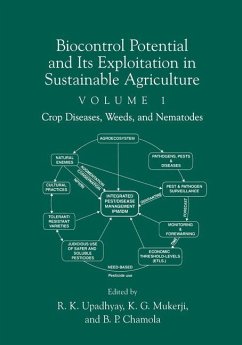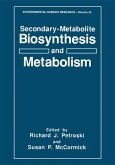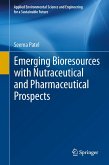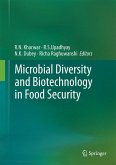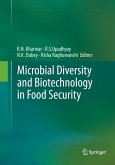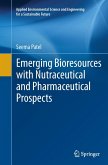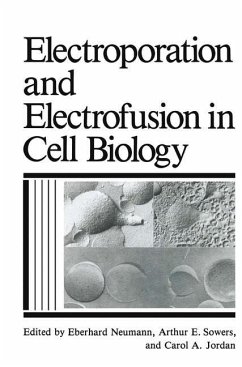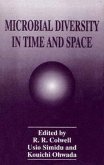Plant based biotechnology has come to represent a means of mitigating the problems of global food security in the twenty-first century. Products and processes in agriculture are increasingly becoming linked to science and cutting edge technology, to enable the engineering of what are in effect, designer plants. One of the most successful , non-chemical approaches to pest management and disease control is biological control, which seeks a solution in terms of using living organisms to regulate the incidence of pests and pathogens, providing a natural control' while still maintaining the biological balance with the ecosystem.
This volume, (the first of two), addresses the different types of biocontrol for different pests, namely, crop diseases, weeds and nematodes, and details the biology of both the pest and its enemies, which is vital for efficient use of biological control. The book has numerous contributors who are authorities in their fields, and would be an asset to those who have interest in sustainable agriculture and crop productivity.
This volume, (the first of two), addresses the different types of biocontrol for different pests, namely, crop diseases, weeds and nematodes, and details the biology of both the pest and its enemies, which is vital for efficient use of biological control. The book has numerous contributors who are authorities in their fields, and would be an asset to those who have interest in sustainable agriculture and crop productivity.

